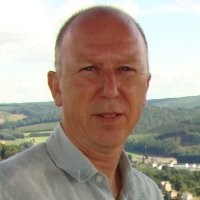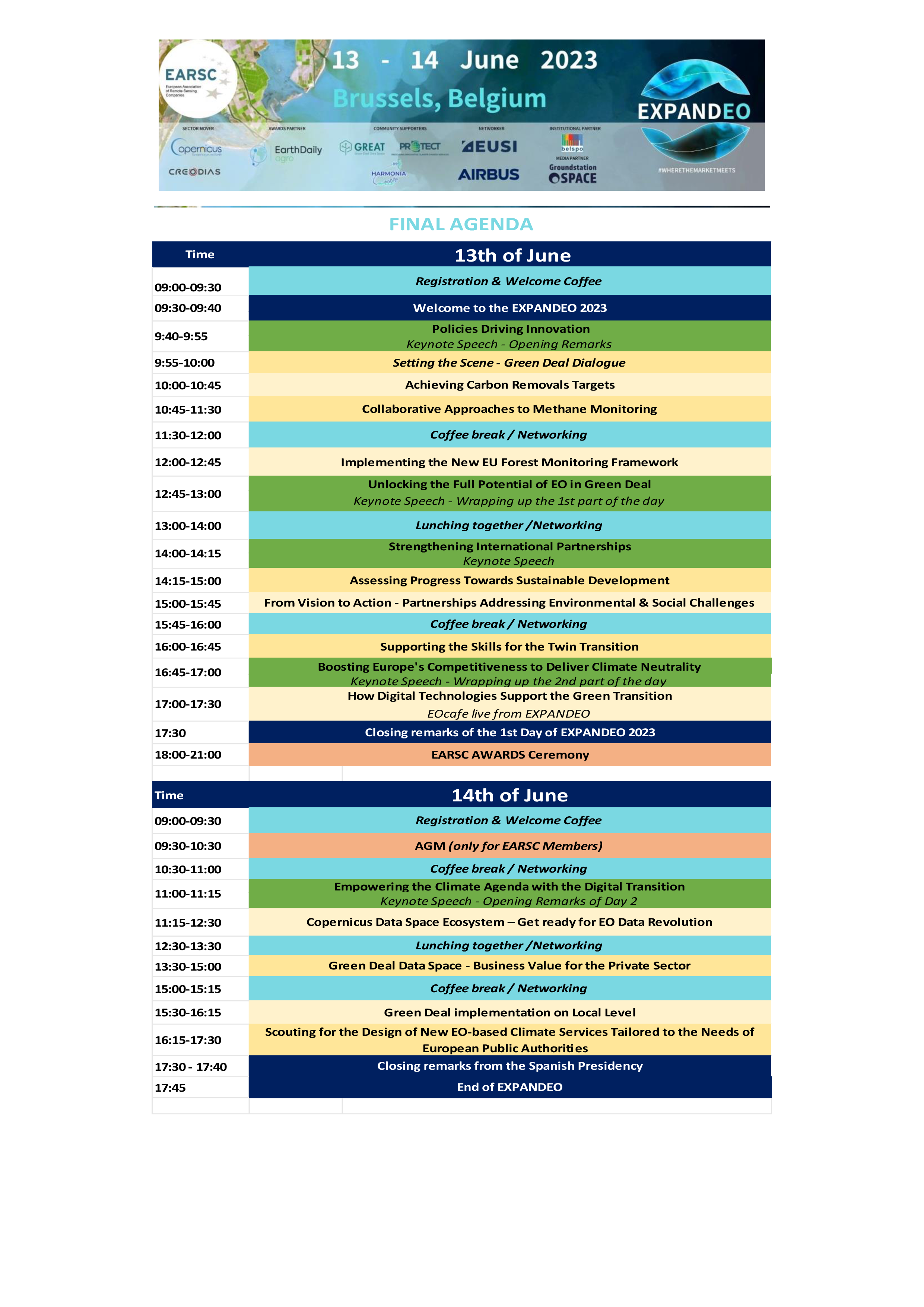9:00 – 9:30
Registration
9:30 – 9:55
Policies driving innovation
Opening Remarks – Keynote Speech
Several initiatives, at the EU and international level, are benefitting from the developments of technology. The Better Regulation framework aims at simplifying EU laws and ensuring that EU policy making is evidence-driven and fit for future. The Strategic Foresight seeks to identify areas where technological developments, research, and policy are most likely to drive societal, economic, and environmental change. In so doing, it aims to ensure that EU priorities and policies are future-proof and strategic. A good understanding of the objectives of these strategies is essential for the industry to foresee the needs, translate these into specific solutions, and better support the policy cycle for forecasting, foresight, policy design, assessment, and evaluation.
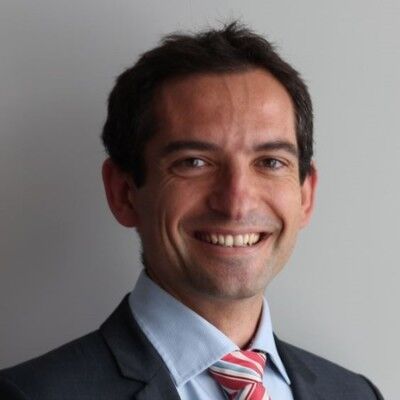
DG DEFIS, European Commission
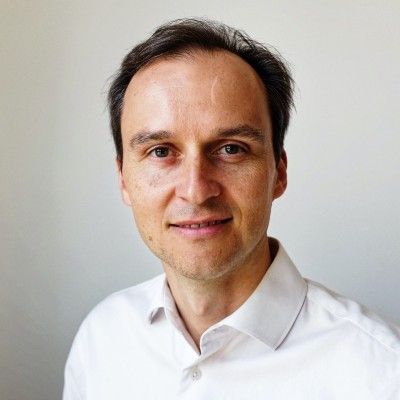
EARSC
9:55 – 10:00
Setting the scene – green deal dialogue
As the EU aspires to lead climate mitigation in the face of global warming, it is critical that action be informed by reliable and accurate data and services powered by that data. The Green Deal is an ambitious plan which will require an abundance of resources, including viable data. The EARSC Green Deal Working Group gathers input from the EARSC members on how the downstream EO sector can support the European Green Deal and the problems faced by humanity and the planet. The Working Group is currently working on three key priorities: carbon removals, methane monitoring, and forest management.

Planet
10:00 – 10:45
achieving carbon removals targets
With the EU rules on certifying carbon removals, the Commission aims at developing rules to monitor, report and verify the authenticity of these removals. This policy is a step towards integrating carbon removals into climate policies. Earth Observation (EO) is providing operational solutions which are used for carbon reduction and carbon practices. Integrating the EO capabilities in this policy area will contribute to the efficiency of the carbon removal challenges and its applied methodologies.
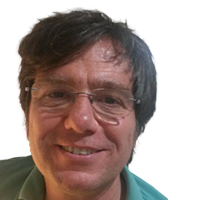
e-geos
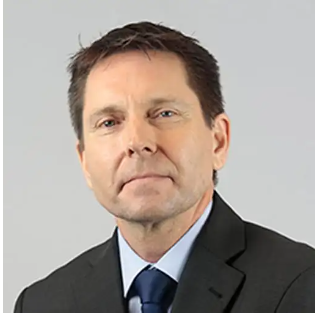
European Accreditation
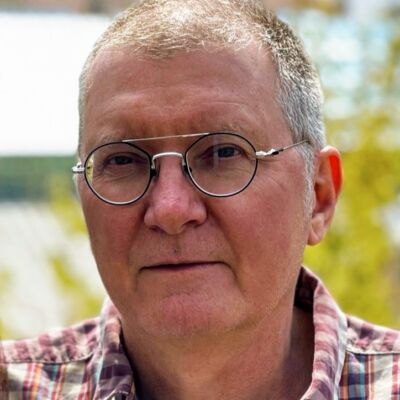
DG Climate Action, European Commission
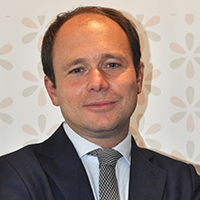
Copa – Cogeca
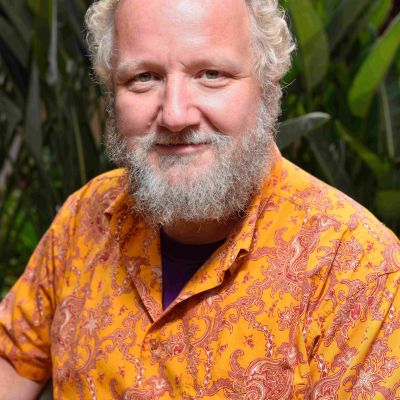
International Union of Agroforestry
10:45 – 11:30
Collaborative Approaches to Methane Monitoring
With the Fit for 55 package, the EU proposed an ambitious plan to reach the climate goal of reducing emissions and making Europe climate neutral by 2050. In this context, the EU Methane’s strategy and the Proposal aiming at reducing methane emissions in the energy sector represent an important step forward. Earth Observation information, such as data coming from the European flagship programme Copernicus will be a key dataset for a strong Monitoring Reporting and Verification (MRV) framework. The evolution of the technology is promising to progress in the monitoring of methane emissions.
.
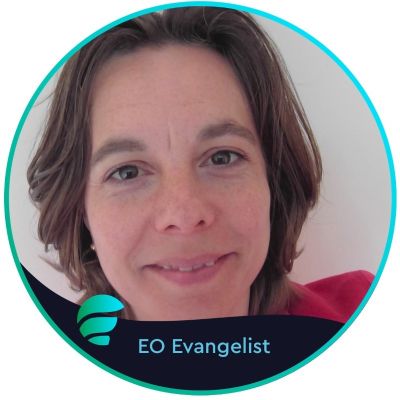
Spottitt
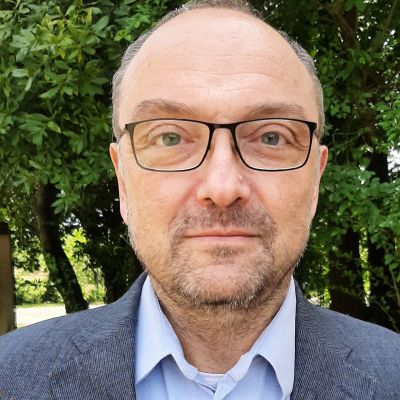
INRETE Distribution Energy – Hera Group

IOGP

UNIPER
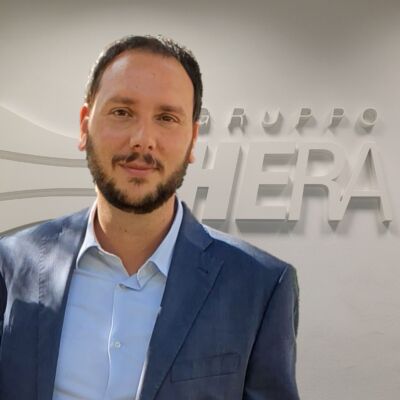
INRETE Distribution Energy – Hera Group
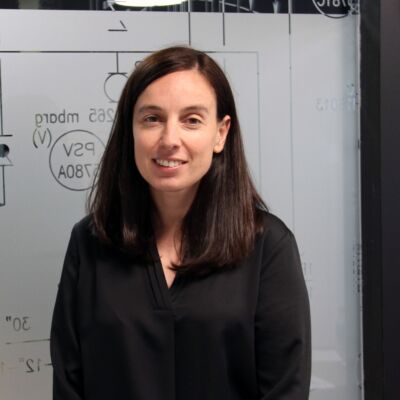
UNEP
11:30 – 12:00
12:00 – 12:45
Implementing the New EU Forest Monitoring Framework
The European Union plays a leading role in global efforts related to the restoration and expansion of forests as part of its obligations under the Paris Agreement. Within the Green Deal, the European Forest Strategy and other ambitious EU policy initiatives and strategies are geared towards significantly improving the quantity and quality of Europe’s forests by 2030. Forest measurements derived from EO data, by employing Artificial Intelligence, and big data analysis techniques, and by taking advantage of cloud computing, bring objectivity and transparency to the measurements and allow monitoring of key forest performance indicators. This is particularly relevant for the new EU Framework for Forest Monitoring and Strategic Plans.

Planet
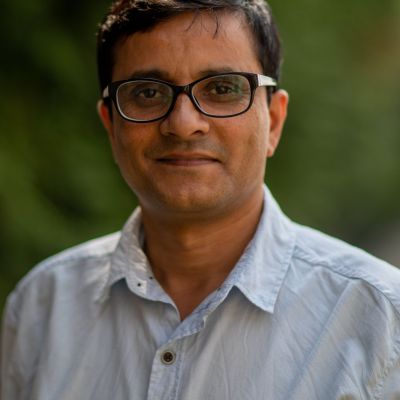
Verra
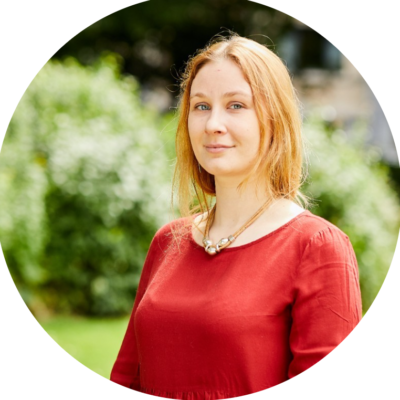
Confederation of European Private Forest Owners
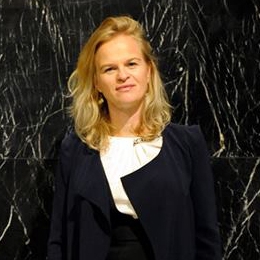
FAO
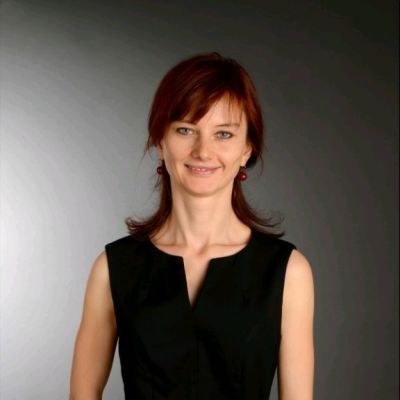
Forest Stewardship Council

DG Climate Action, European Commission
12:45 – 13:00
Unlocking the Full Potential of EO in Green Deal
Keynote Speech – Wrapping up the 1st part of the day
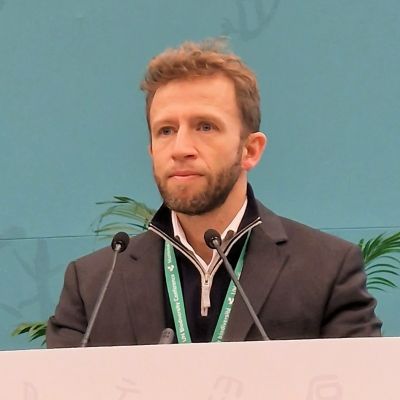
ESA
14:00 – 14:15
Strengthening International Partnerships
Keynote Speech
The Green Deal and the UN Sustainable Development Goals (SDGs) are both ambitious agendas designed to address the environmental and social challenges faced by our planet. Both agendas share a common objective of achieving sustainable development. The Green Deal aims to transform the EU’s economy into a sustainable and climate-neutral one, while the Sustainable Development Goals (SDGs) provide a blueprint for achieving sustainable development globally. By implementing the Green Deal, the EU can contribute to achieving these SDGs. The European Commission remains committed to The 2030 Agenda and the SDGs are an intrinsic part of the EU political guidelines and lie at the heart of the policymaking on internal and external action across all sectors.
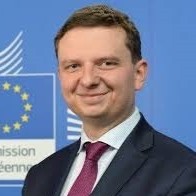
DG INTPA, European Commission
14:15 – 15:00
Assessing Progress Towards Sustainable Development
The Sustainable Development Agenda provides a framework for assessing progress towards sustainable development. By providing accurate, reliable, and timely data, earth observation combined with statistics can support evidence-based policy making to ensure that strategies are tailored to users’ needs and progress towards the Sustainable Development Goals (SDGs) is monitored promoting transparency and accountability.

Geosystems-Hellas S.A.

ESA

Irish Central Statistics Office & Co-chair UN IAEG-SDG WGGI
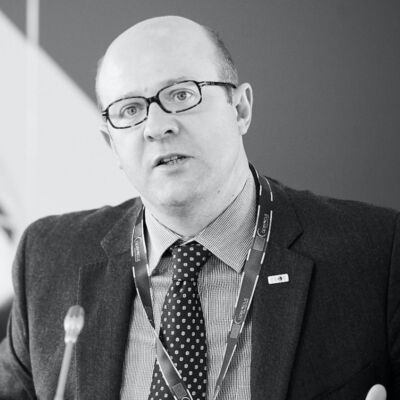
DG JRC, European Commission
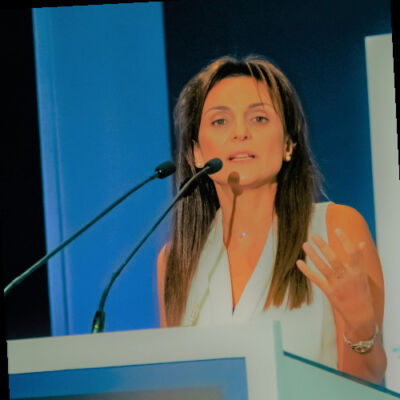
SDSN Europe
15:00 – 15:45
From Vision to Action – Partnerships Addressing Environmental & Social Challenges
There are many environmental and social challenges faced by our planet, from climate change and deforestation to poverty and inequality. Addressing these challenges will require collaboration and partnerships across sectors and stakeholders towards common goals creating a shared vision for innovative technologies such as Earth Observation to achieve sustainable development.

GAF
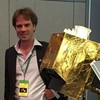
ESA

National Authority for Government Innovation (AIG), Panama

DG INTPA, European Commission
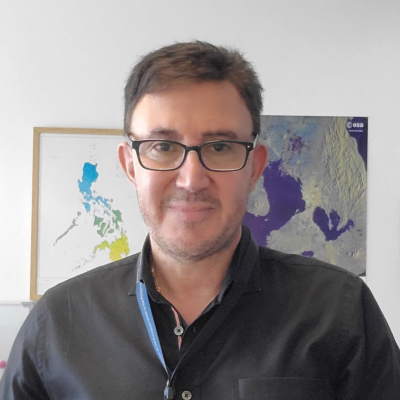
Delegation of the European Union to the Philippines

African Union Commission
15:45 – 16:00
16:00 – 16:45
Supporting the Skills for the Twin Transition
The European Year of Skills is the perfect tool to encourage public and private, national and European initiatives that put skills centre-stage. Achieving the objectives of the European Green Deal will require relevant skills and competencies to contribute to sustainable growth with high value, innovative and knowledge-based businesses and adapt to challenging technological evolutions. A skilled workforce has the potential to ensure successful transitions, supporting policies and competitiveness of the European industry. Boosting people’s skills is of paramount importance to respond to the green and digital transitions.
.
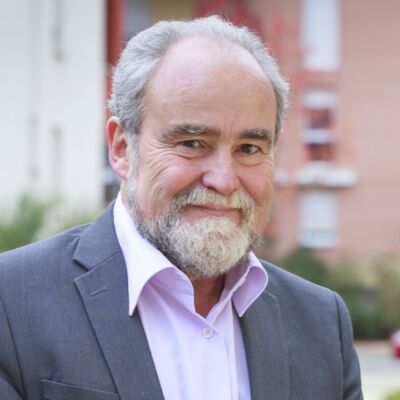
Terranis
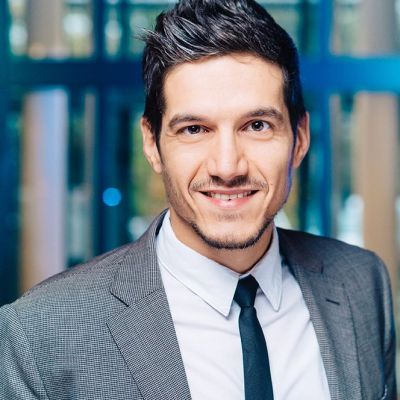
HE Space Operations

DG DEFIS, European Commission
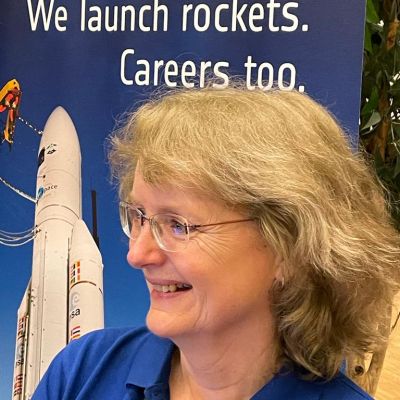
ESA
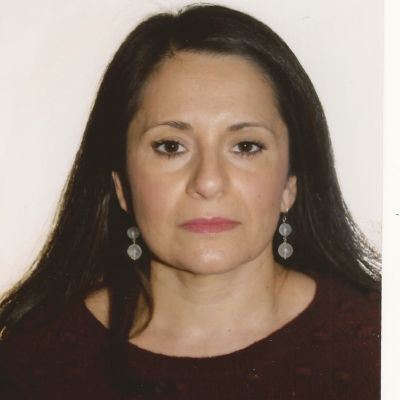
DG EMPL, European Commission
16:45 – 17:00
Aligning Earth Observation with the UN 2030 Agenda for Sustainable Development Goals
Keynote Speech – Wrapping up the 2nd part of the day

General Administrator of the National Geographic Institute in Belgium & Chair UN GGIM
17:00 – 17:30
EOcafe – How Digital Technologies Support the Green Transition
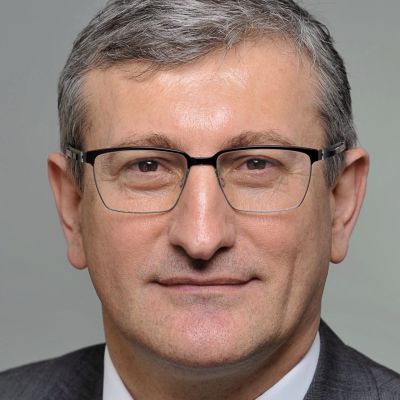
DG CLIMA, European Commission
17:30 Closing of EXPANDEO 2023 – Day 1
18:00 – 21:00
9:00 – 9:30
Registration & Welcome Coffee
9:30 – 10:30
AGM (only for EARSC Members)
10:30 – 11:00
11:00 – 11:15
Empowering the Climate Agenda with the Digital Transition
Keynote Speech – Opening Remarks of Day 2
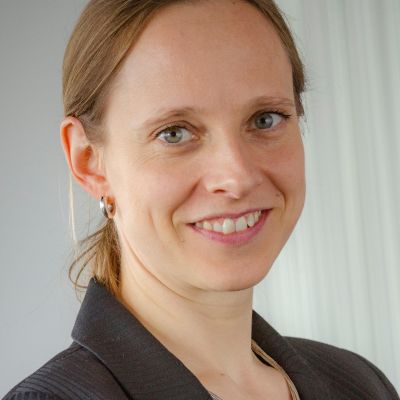
DG DEFIS, European Commission
11:00 – 12:30
Copernicus Data Space Ecosystem – Get ready for EO Data Revolution
Copernicus Data Space Ecosystem is a new initiative of the European Commission and ESA that provides a revolution in the access and use of EO data in government, research, and industry. It will foremost provide a free-of-charge, immediately available, fully up-to-date repository of Sentinel satellite imagery, as well as access to the Copernicus Contributing Missions. During the workshop, the Copernicus Data Space Ecosystem team will present the basic concepts of the system, the data and services capabilities, both free and commercial services (on CREODIAS), describe how some specific use-cases can be addressed using the system, as well as the federation opportunities, targeting European public, research, and commercial sectors.

CloudFerro
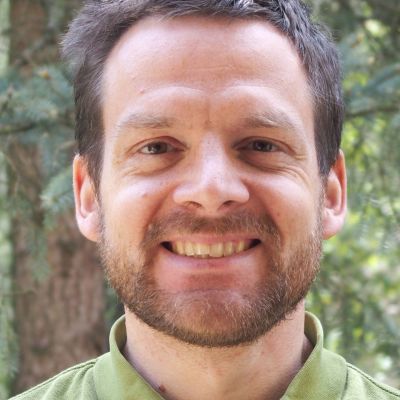
Sinergise
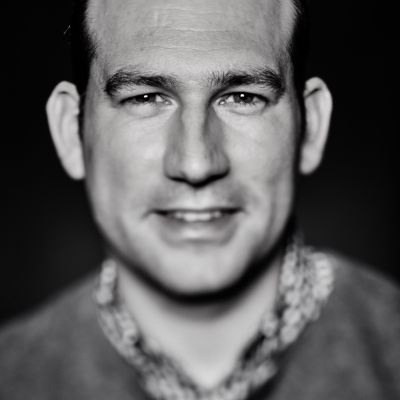
VITO
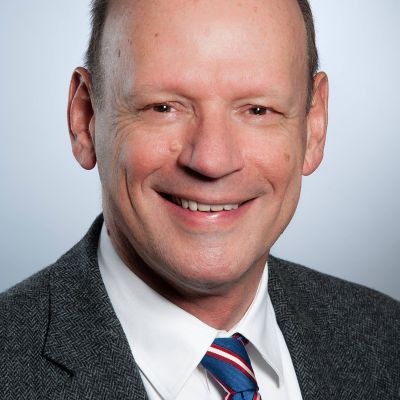
T-Systems
13:30 – 15:00
Green Deal Data Space – business value for the private sector
With the launch of the Common European Data Spaces, the European Data Strategy aims to create a Single Market for data, where data can flow within the EU and across sectors for the benefit of the citizens and our planet. GREAT project aims at establishing the Green Deal Data Space (GDDS) and will use the opportunity of EXPANDEO to meet with the EO companies to discuss what data spaces mean for the private sector. How will the data spaces impact the private sector? How can the companies become a part of the ecosystem? And what is their vision of the Green Deal Data Space?
Learn more about the GREAT Project.
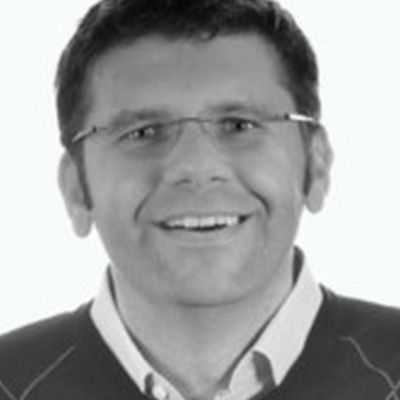
EODC

Moderator / Geosystems Hellas S.A.

DG Connect, European Commission

GAF
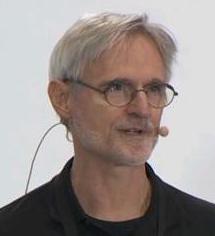
Rasdaman GmbH
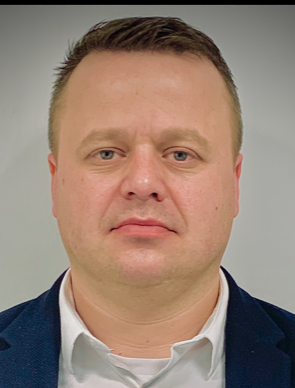
Airbus
15:00 – 15:15
15:30 – 16:15
Green Deal implementation on Local Level
The implementation of European policies and global treaties, such as the Green Deal, Paris Agreement or Sendai Framework must start at a very local level. And as about 70% of the European population lives in cities, that is where climate adaptation has to sprout. European cities set up their own plans and goals to implement climate adaptation measures. With the invited municipalities and public sector representatives, HARMONIA will explore the cities’ needs and the challenges they are facing in achieving their goals.
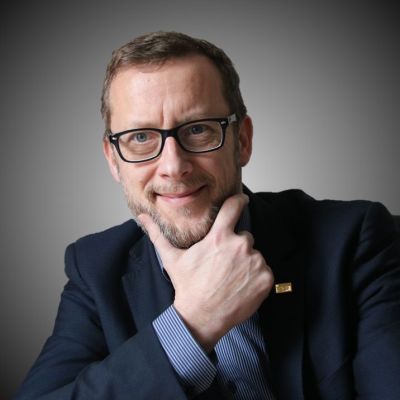
SpaceSide
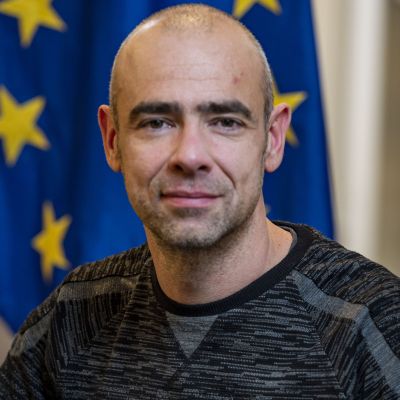
European Commission

Municipality of Ixelles, Belgium
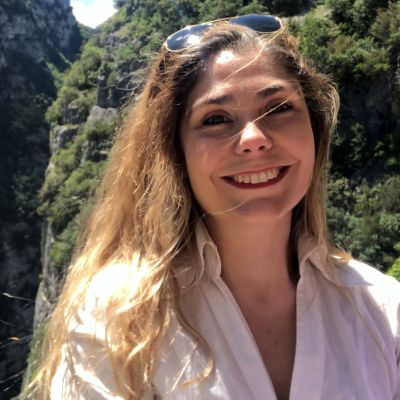
Municipality of Milan, Italy
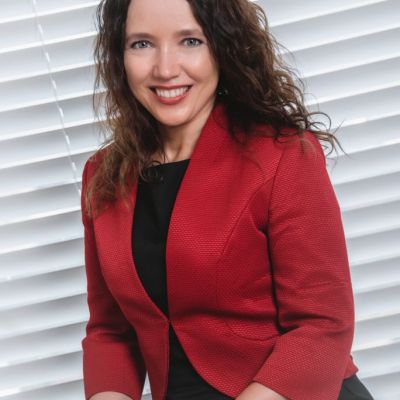
City of Haarlem, The Netherlands

City of Helsinki
16:15 – 17:30
Scouting for the Design of New EO-based Climate Services Tailored to the Needs of European Public Authorities
This session is designed at supporting and enriching the activities of the European PROTECT project. It will start with a brief overview of the PROTECT project and a presentation of the most pressing needs for climate services identified so far within the PROTECT community of public authorities in five domains: marine and coastal environment: Agriculture, forestry and other land uses, Energy and utilities, Sustainable urban communities, and Civil security and protection.
The rest and the main part of the session will be dedicated to identifying state-of-the-art technologies and ongoing developments of EO providers, especially SMEs, who could help develop new and tailored climate services that address the needs of the PROTECT community as expressed notably by local authorities. To, this end, EO climate services companies from the EARSC network will be invited to pitch their company and present both their existing services and those under-development (not commercialised yet). By taking part in this pitching session, EO companies will be referenced in the PROTECT online catalogue of EO climate services providers. Having an insight into where the public demand needs lie, EO companies will also be strategically positioned to participate in the forthcoming PCP call (HORIZON-CL6-2024-GOVERNANCE-01-5), fully funded by the European Commission and expected to be launched in early 2024 with funding of up to EUR 19 million.
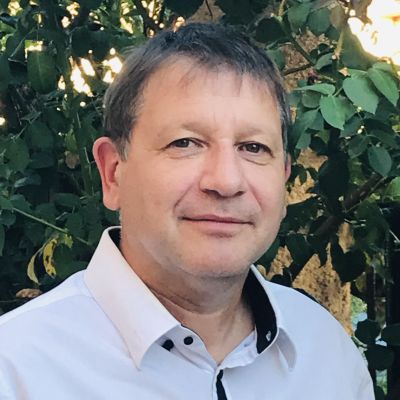
GAC
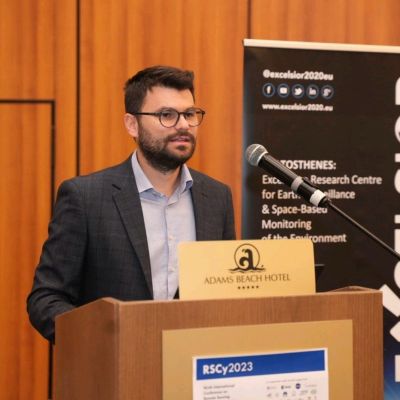
GEOSYSTEMS HELLAS S.A.
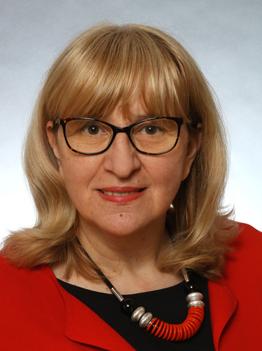
OHB Digital Services
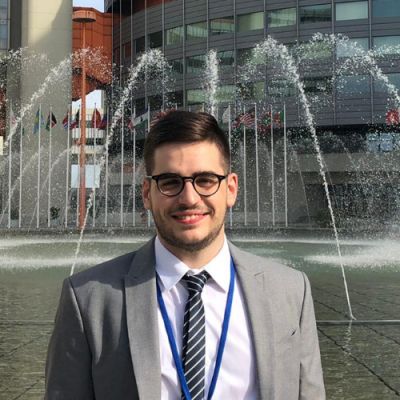
Latitudo40
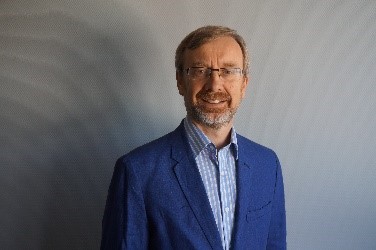
GAC

Terranis

Rasdaman GmbH
17:30 – 17:40
closing remarks
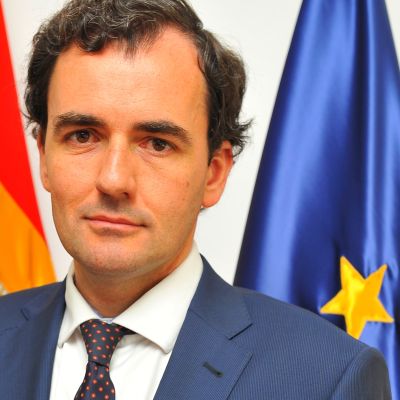
Ministry of Science and Innovation of Spain




